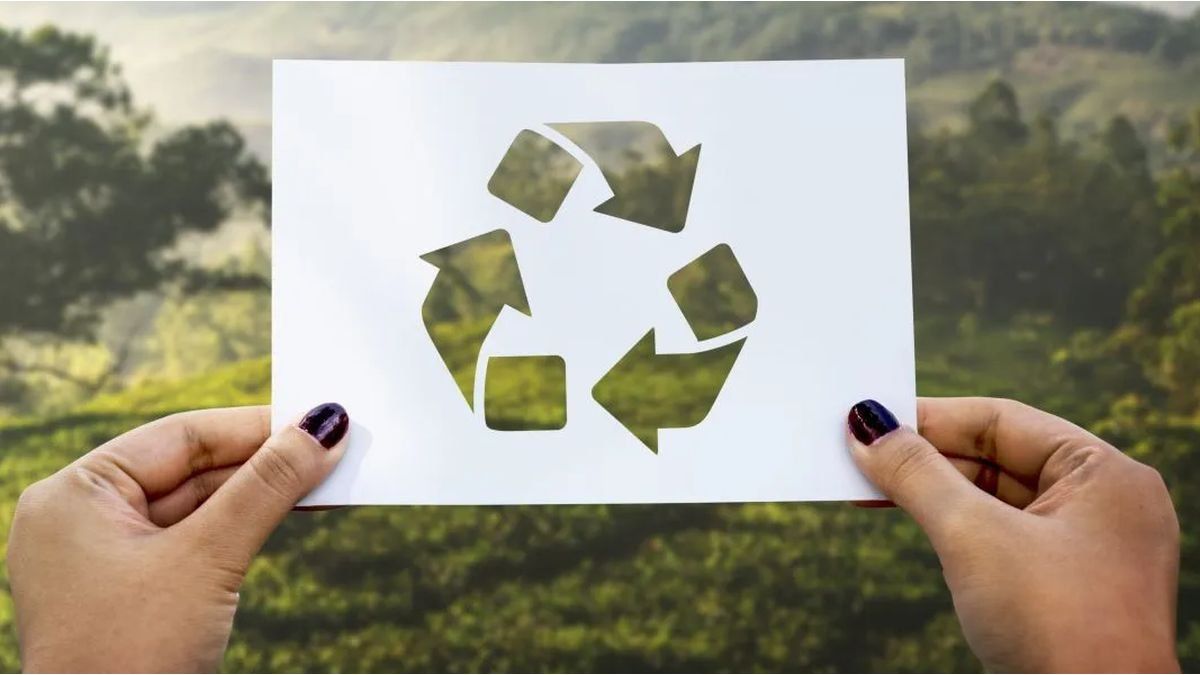Within the framework of the growing concern for the socio-environmental problems facing the contemporary world, A significant number of Argentine companies have adopted a leading role in the implementation of sustainable practices based on the principles of the circular economy. This approach is not only aimed at mitigating environmental impact, but also seeks to promote more equitable and sustainable social and economic development.
The circular economy is not only based on the reduction, reuse and recycling of resources, but also on a paradigm shift in the conception of products and services. The design instance is key to facing the challenge of the materials to be used and extending the life cycle.
This model is presented as a viable alternative to face current environmental challenges, which is opposed to the traditional linear economy, characterized by the consumption and elimination of resources, and proposes a continuous cycle where waste becomes inputs for new productive processes. .
Key support for companies: Argentina Global Compact
Promoting innovative learning instances has been the registered trademark of Global Compact Argentina, which seeks to put on the table issues that need to be addressed by organizations.
For this purpose, Global Compact Argentina has several initiatives that promote the training and adoption of Circular Economy practices applied to business.
It has an Executive Training Program in Circular Economy and SDGs that has already had 4 editions and is taught in the first semester of each year. The 5th edition is already planned for 2025, with a very affordable fee so that everyone can have access.
During the year they have a cycle of webinars, where different topics linked to the circular economy are addressed, in which innovative practices are shared.
And at the same time, for companies that participate in the Global Compact, they offer a circular economy work group where, in addition to acquiring theoretical knowledge, it is a space for exchange between peers. Currently 19 companies are actively participating in the group that concludes at the end of November.
The circular economy in action
Three examples in the field of the circular economy are the companies Mastellone, BASF and Provincia Vida Seguros, who shared their strategies within the framework of the Circular Economy Training Program and 2024 Sustainable Development Goals of the Argentina Global Compact.
Mastelloneone of the main dairy products companies in Argentina, has implemented several initiatives in the circular economy seeking to consolidate the results of the commitments made in its policy: sustainable assurance of raw materials, responsible and efficient use of water and energy, human development and healthy life.
The company has launched a comprehensive program to reduce packaging waste and promote recycling. In this way, the consumption of virgin plastic is reduced, promoting the use of recycled materials and prioritizing resources from renewable sources, which today reaches 52% of packaging materials.
Recently, the company announced its Sustainable Packaging 2030 plan, through which it commits to making its packaging 100% recyclable, reusable or compostable by 2030.
BASF, one of the largest chemical companies in the world, is making significant advances in the circular economy through innovation in its value chain. Its circular economy strategies focus on three focus areas: sustainable raw materials, new material cycles and new business models, in this way the company has increased the volume of renewable and recycled raw materials from sustainable sources, designs materials for circularity, through solutions that improve or allow recycling by establishing specific recycling cycles for each product, creating intelligent digital solutions that allow growth to be decoupled from resource consumption.
With a shared value approach, the company launched the “More Technological Cooperatives” project, partnering with recycling cooperatives in South America by making available the trinamiX device with the aim of supporting the waste flow with greater quality and reliability and replace the unhealthy practices currently used in the plastic identification and separation process.
Life Insurance Province has developed a “Comprehensive Training and Awareness Program in Circular Economy and SDGs”, in response to the prevailing need to address the complex environmental challenges facing the planet, where the current situation requires urgent and sustainable actions to mitigate the impact of climate change. and promote balanced development. This project is aligned with the Sustainable Development Goals (SDGs) and aims to train its policyholders and employees in effective sustainability practices.
These initiatives have been made possible with the support of Global Compact Argentina, which has provided mentoring to companies in the development and execution of their projects. This support has been crucial to ensure that their efforts are not only innovative, but also effective in creating a positive impact on society and the environment.
The actions of these three companies reflect a solid commitment to sustainability and the circular economy, facing current socio-environmental problems. Through education, innovation and collaboration, they are laying the foundation for a more sustainable future in Argentina, demonstrating that economic growth and environmental preservation can go hand in hand.
Source: Ambito




